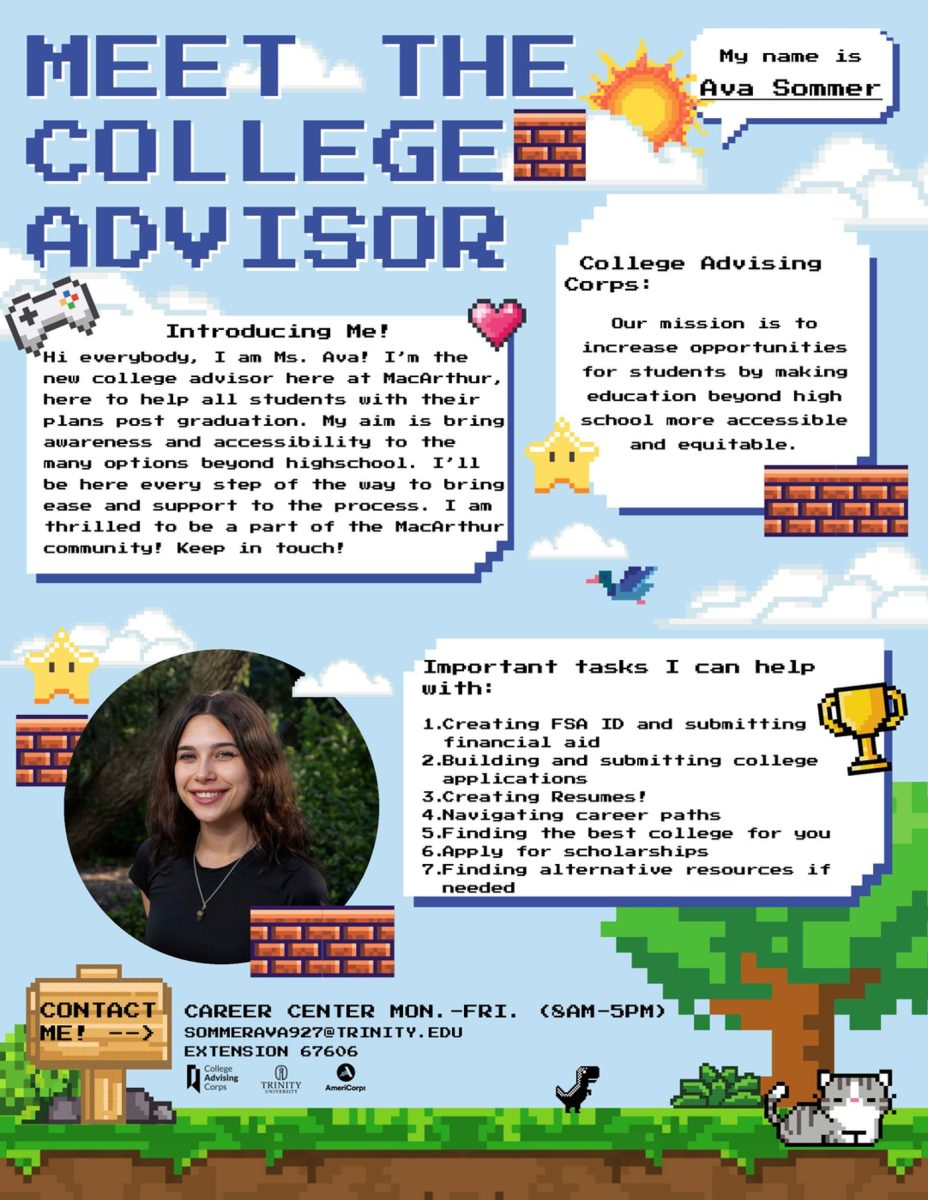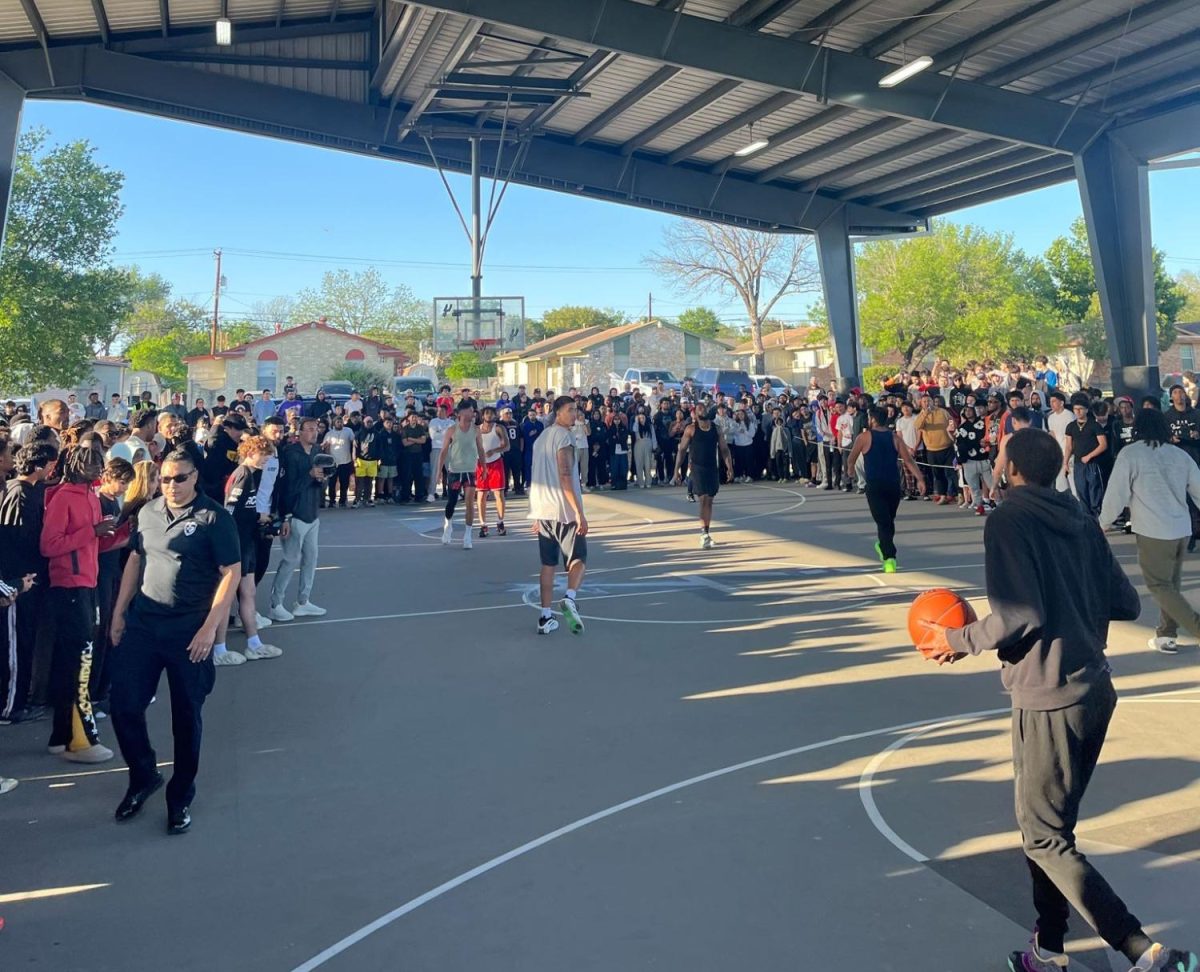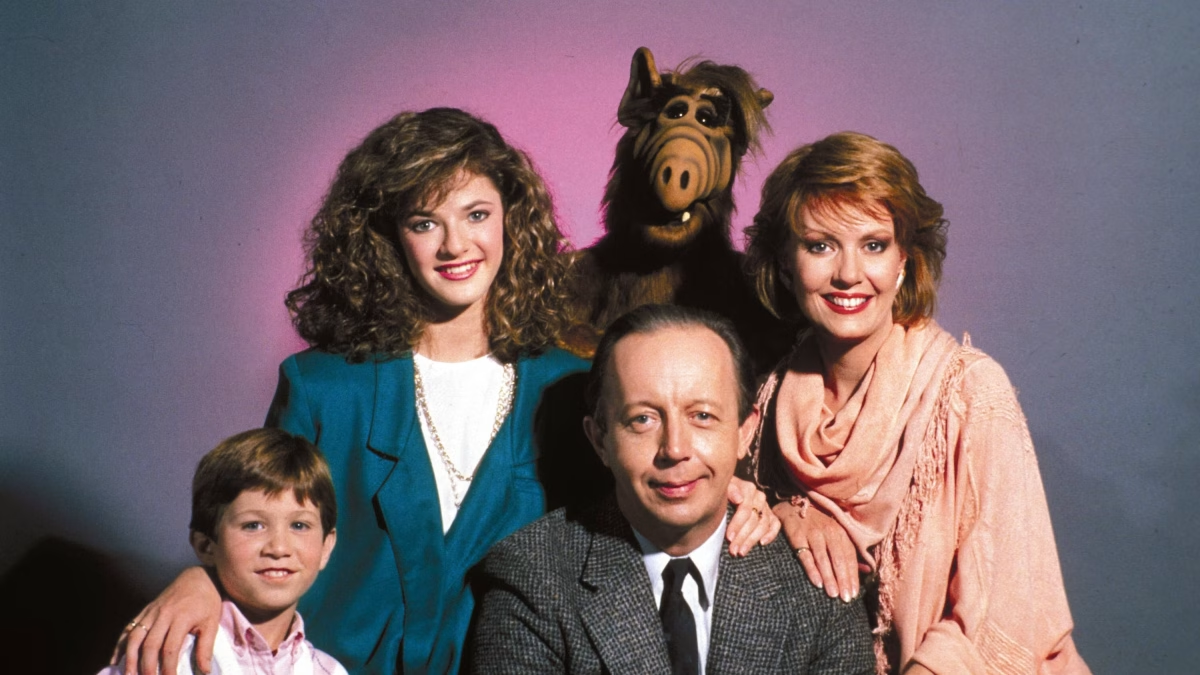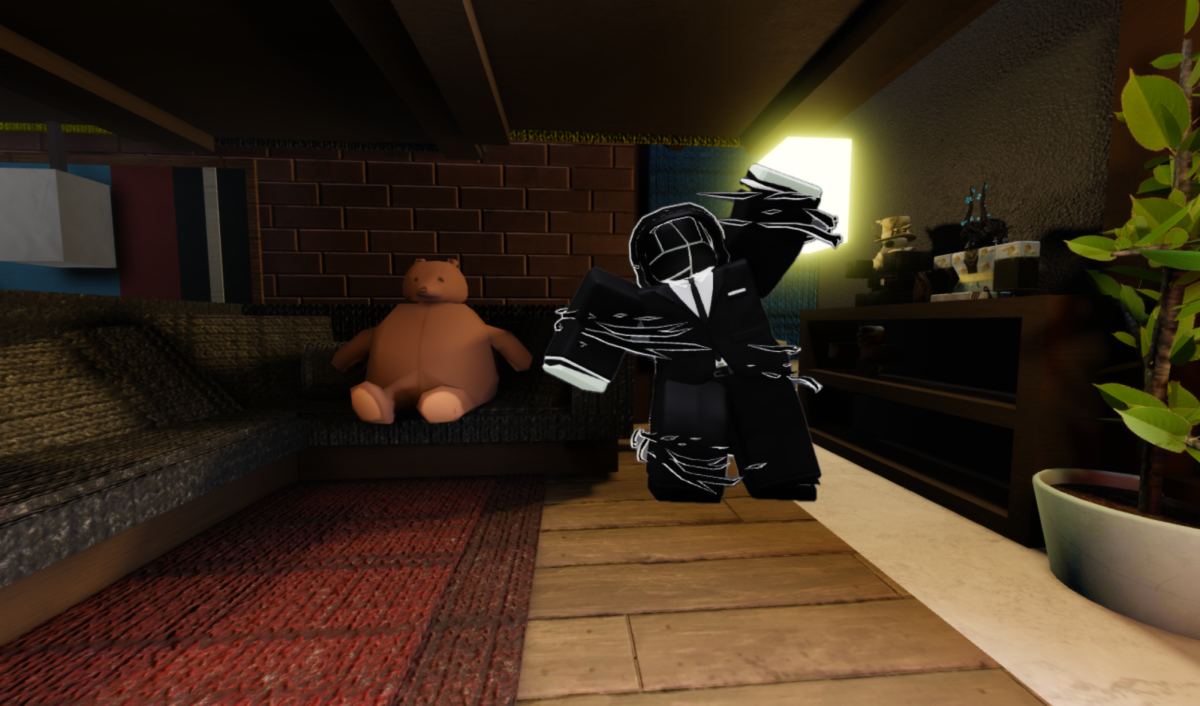
In 1977, Cheap Trick coined the line “I want you to want me, I need you to need me,” in their album In Color. However, a more modern version of these lyrics might be “I want you to like me, I need you to like my status.”
A growing problem on social networking websites like Facebook and Myspace is that many individuals feel that, because their profiles are an extension of themselves, things like statuses and wall-posts are also representations of who they are. With the invention of “likes” on everything from statuses, pictures, wall posts, and even other people’s comments, this never-ending chain of online flattery has taken a turn for the worst: exploiting common insecurities.
Humanity came to this verdict long ago: it is natural for someone to strive to be liked, and their online activity is no exception.
Cases of “like-fishers”, “status-deleters”, “over-posters”, and “status-stealers” are becoming more prevalent as the site’s numbers grow.
As with many social spheres acceptance is perceived as “important”. It seems as if every “like” signifies one more person that agrees with your opinions, and rightly so! Creating a community centered on societal acceptance that can be quantified (literally measured by numbers) is an interesting concept . The psychology behind that is seemingly sound: the more people that like your status, the more that people “accept you”.
But that’s not the only concept that permeates social networking. As the amount of “likes” increases, so does the pettiness.
Matt Browning, junior, has been deemed “Facebook King” by some of his peers. Despite criticisms of his online popularity, he remains unscathed.
“It’s not like I post the statuses so a bunch of people will like them. I post them because it’s what’s on my mind. If people agree or understand what I’m going through, so be it,” Browning said.
However, this attitude is not shared by everyone. Browning recounts that those same peers who criticize him vie for popularity, describing incidents in which others delete statuses that aren’t “liked” by many people.
In short, viral reaffirmation is taking over our lives, but it can still be stopped. In the same way that some people agree or disagree with some opinions, and are ambivalent or disinterested in others is how the “like” system should be handled. That’s to say that precisely because social networking websites are a literal extension of who we are (and what we want to be), we should keep being ourselves online, randomly posting away our ideas and random thoughts in the status boxes of our preferred website.
So the next time you want to post the lyrics to Lil Wayne’s new song or your favorite Robert Frost poem, go right ahead! It’s an extension of your persona, so don’t let yourself be censored.





























